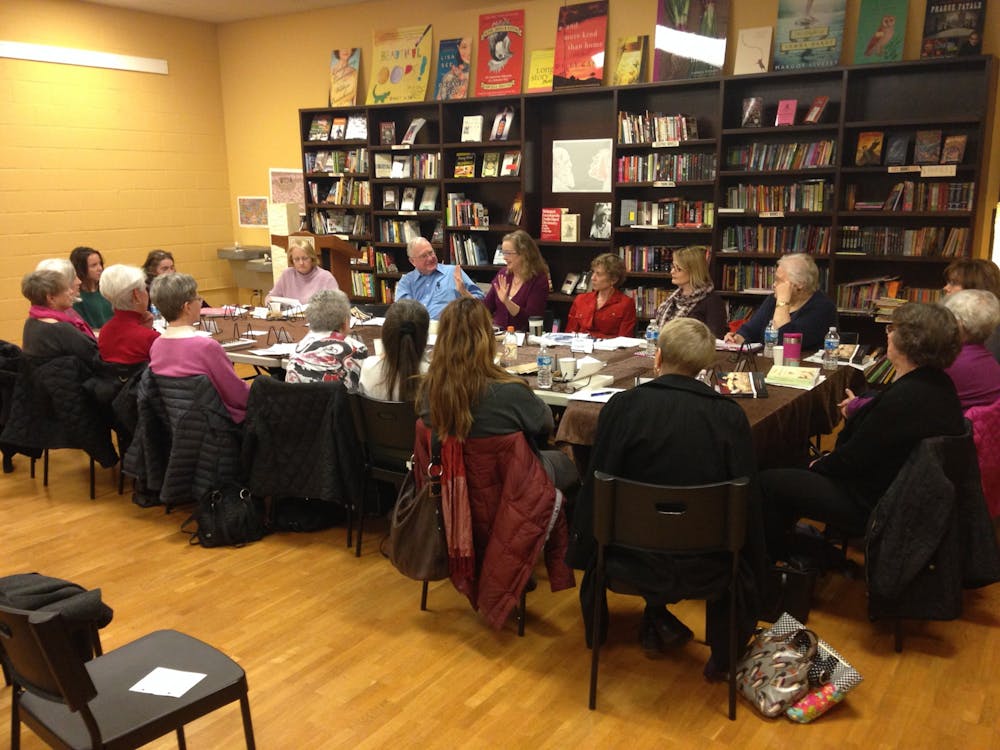As part of the Carolina Public Humanities’ virtual Great Books Reading Groups, UNC professors volunteer to lead weekly discussions with community members on a diverse range of books.
The program started in 2015 and usually meets face-to-face at Flyleaf Books, but went virtual in the fall due to COVID-19.
CPH events coordinator Vicki Breeden said the club is made up of retired or mostly retired professionals invested in lifelong learning.
“Some of them are people who were English majors in college and miss it and love to go back,” Breeden said. “And some of them — especially those like the computer programmers who had more of a science background and never really did that — now they're at a time in their life where they want to read books and discuss them with people and that’s a new thing.”
Breeden said she tries to cover a little bit of everything in her choice of books.
“We try to bring books from a range of genres and time periods, with the idea that we always want to try to find some work that is important and we feel like people should be aware of or should read,” she said.
The discussions typically cover everything from the background of the author to the structures and themes found in the book. Breeden said most books have a two-week session, with around four hours of discussion total.
Longtime book club member Roger Goldstein said part of what makes the discussions so engaging is the different insights people have as a result of their diverse backgrounds. He said even books he doesn’t want to read become worth it once the discussions begin.
“It gives you a different perspective,” Goldstein said. “And all of a sudden you think, 'You know, that was worth reading,' because of the discussion.”



